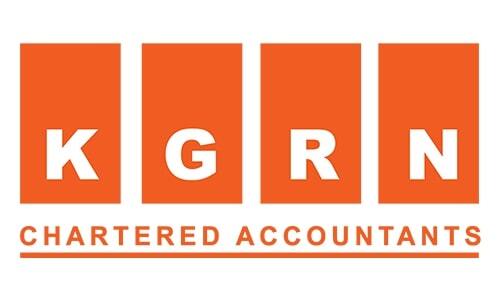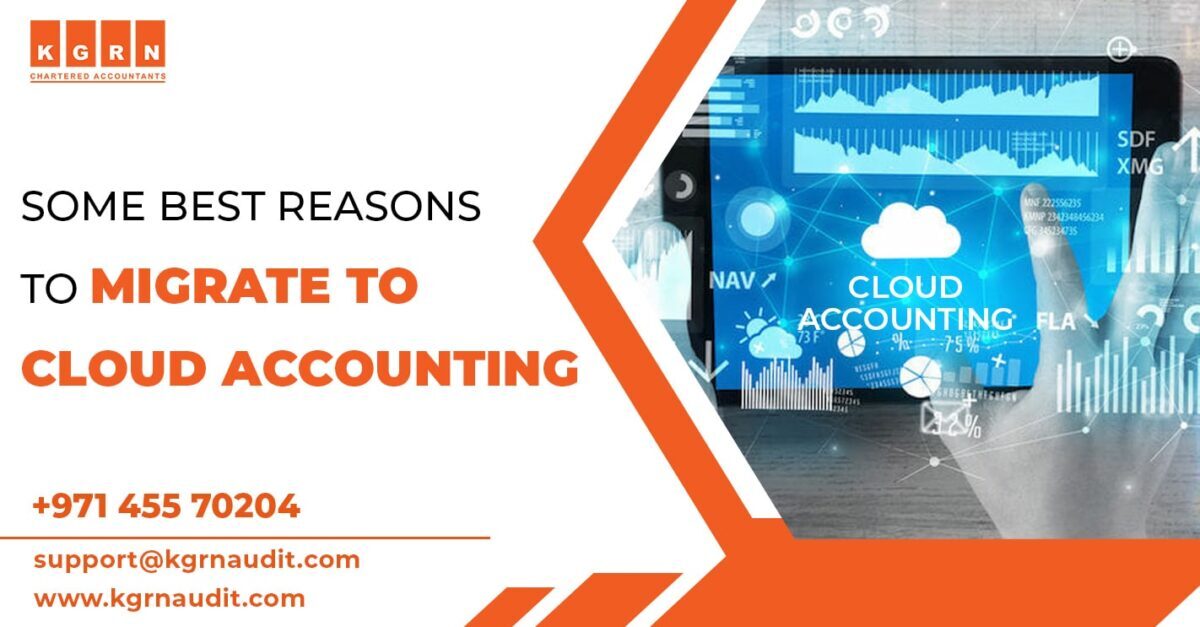Many business and IT leaders around the world are replacing on-premises accounting with cloud-based accounting that is flexible, scalable, and cost-effective. There are numerous compelling reasons to avoid the cloud migration journey, ranging from cost savings to increased innovation. However, transitioning to cloud accounting is difficult without a well-developed plan and cloud expertise. Accounting from the desktop to the cloud has been a huge step forward in financial management, removing many of the drawbacks and cost implications of traditional accounting.
Below mentioned are the major reasons why an organisation should use cloud accounting, which includes:
- Reduced Costs
- Improved Security
- Automation will reduce workloads
- Getting more insight from financial data
- Paying VAT or GST online
- Access accounts from anywhere
- Access to automatic updates
- Consolidated data centres
- Enabled digital transformation
- Accelerating growth
- Benefits of new technology
- Cloud Migration Process
We also discuss how to approach to cloud accounting services so that you can maximize your benefits and avoid problems along the way.
Reduced Costs:
Shifting to cloud accounting will reduce the cost of managing and maintaining your IT systems. Rather than purchasing expensive software’s and applications for your business, you can reduce your costs by using the resources of your cloud accounting service provider. You will be able to reduce the operating costs because:
- the cost of software and hardware upgrade will be included in your contract
- you no need to pay higher amount for expert staff
- your energy consumption will be reduced
- there are fewer time delays.
Improved Security:
While you are working with your accountant, bank or other advisers, you can easily grant access to your accounts to them with the help of cloud accounting software. There is no need for USB memory sticks or sending emails back and forth. Users will have safe and secure access to all your financial information, in real time. This is easier, safer and gives your users the information that is required to support and advise you for future growth.
Automation will reduce workloads:
The cloud accounting ecosystem allows for automated bookkeeping, automated cash collection and automated bank reconciliation, all of which will reduce your organisation’s workload.
Getting more insight from financial data:
With help of real-time reporting and financial intelligence, organisation and management team will have the numbers, insights and key data needed to make sound and informed decisions.
Paying VAT or GST online:
Paying your taxes is quicker and simpler through a cloud accounting platform. Your transactions will be recorded as you go, and can then be exported automatically into the relevant tax return templates and sent digitally to the revenue.
Access accounts from anywhere:
Cloud accounting gives you access to your key business data 24/7, from any location where you can access the internet which will remove the need to work from one central office-based computer. Log in via a web browser from your laptop/mobile or use your provider’s mobile app to access your accounts from your phone or tablet or laptop.
Access to automatic updates:
As a result of cloud accounting IT leaders today do not want to deal with restrictive licencing agreements and long-term contracts; the cloud solves this problem. Organizations don’t have to worry about contract terms because they can pay for critical cloud accounting capabilities as they go and benefit from updates as they become available.
Organizations can immediately access the latest and greatest technologies without having to sign any rigid and long-term contracts. Your service fee will include access to automatic updates for your IT requirements. Your system will be regularly updated with the latest technology, depending on the cloud computing service provider you chose. This will include the most recent software versions, as well as server and other related upgrades.
Consolidated Data Centre’s:
Companies no longer have to manage their own on-premises data centres. Organisations can outsource backend responsibilities to third-party cloud providers and reallocate those resources to higher-value activities. Additionally, organizations can consolidate operations and distribute access it to cloud services as needed, which will increase enterprise efficiency.
Enabled Digital Transformation:
Many organizations are adopting digital transformation to create incremental value out of existing assets. Because of recent advances in cloud accounting, organisation can digitalise their accounting in simpler way.
Those who migrate away from out dated technologies can increase the productivity of their workforces, innovate, and unlock new sources of revenue compared to their peers in the market. Once you opt to the cloud accounting, the possibilities are virtually endless.
Accelerate Growth:
Technology is more important when it comes to organizational growth, whether it could be through organic expansion or mergers and acquisitions. Enterprises using the cloud accounting can easily integrate new acquisitions to existing platforms. They can also grow rapidly with demand using auto-accounting functionality and flexible data management services.
Benefits of New Technology:
Finally, migrating to the cloud accounting opens up numerous doors for opportunity when it comes to leveraging modern technologies. For example, organizations that migrated to cloud accounting can take advantage of automated book keeping, identification of duplicate entry and other benefits which aren’t feasible in traditional accounting.
When you log in to your accounting platform in the cloud, you’re always using the updated version of the software. There’s no need for time-consuming and costly updates – you just have to sign in and start working. Plus, you don’t have to be responsible for updating software, protecting data and providing security – your software provider will handle that for you automatically.
Cloud Migration Process:
Getting these migration benefits is only possible if you can successfully move your on-premises IT infrastructure to the cloud without any issues. For migrating to cloud you should take the help of an expert who will understand the challenges that organizations face when it comes to making the transition and helps to migrate it without disrupting operations.
Related posts
Top Audit Firms in Dubai, UAE 2023
Accounting and Bookkeeping services in Dubai







